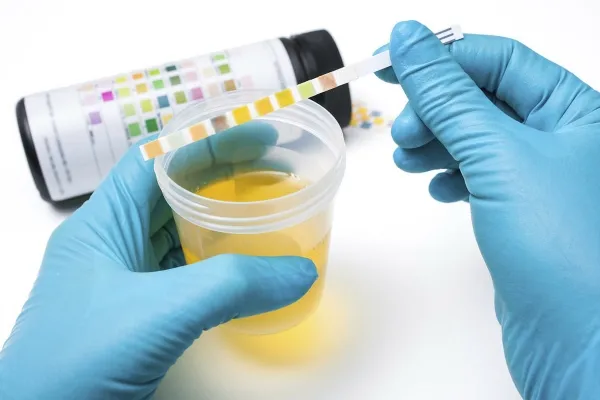If in the urine there is a presence of the protein called albumin could reveal damage to the most delicate structures of the kidneys and require medical treatment.If not to be addressed in time, the affectation in these organs can be considerable, to the degree that will be required.
"When albumin in the urine exceeds 150 milligrams we can talk about albuminuria, especially in patients with diabetes," says Dr. Víctor Argueta Villamar, urologist at the Nephrology Service of the General Hospital of Mexico.
If albuminuria will occur inflammation in the glomeruli, which are the functional units of the kidneys, and if the damage will be progressive, renal failure will cause.
In the early stage of the disease, the efficiency in the filtering of the kidneys decreases, which causes blood proteins to be lost through urine.Later, the kidneys are unable to remove blood waste.
A remarkable loss of albumin causes fluid retention in the patient and manifests with swelling in face, eyes and legs.
When the problem is just beginning, it is almost imperceptible.However, to determine the exact amount of albumin, urine test collected in 24 hours is required, in addition to blood analysis.
It should be emphasized that if the patient is diagnosed and treated in a timely manner, the glomerular lesion can be reversed.In 50 percent of cases it is possible to restore renal health, and even the figure rises to 70 percent when acting on time.
If albuminuria treatment does not begin in time, the disease evolves until it causes renal failure;Progressively, kidneys lose the ability to clean blood, excrete waste, concentrate urine and keep electrolytes.
However, patients well cared for and attended by this method have survival greater than 15 years.




